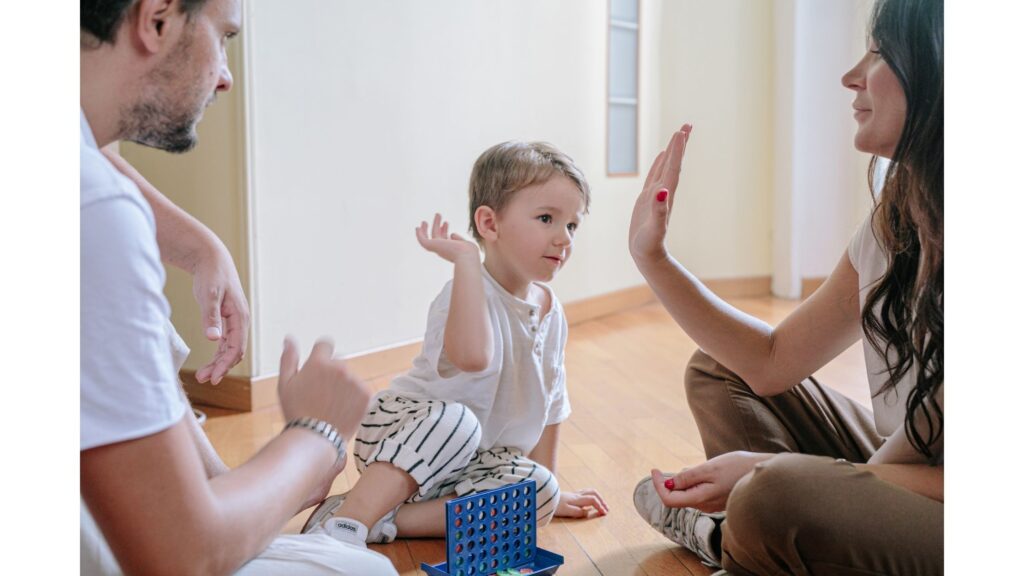Devastating Effects of Parental Loss:
Loss of a parent is one of the most challenging and traumatic experiences children can experience. This process can affect the child's physical, mental, emotional and social life. Loss of a parent can leave permanent and deep scars on a child's life and can lead to many psychological effects in the long term:
- Loss of a Parent as a Result of Traffic Accidents
Loss of a parent as a result of traffic accidents can occur suddenly and unexpectedly. Children may be unprepared to deal with this type of loss and often experience a strong shock. The death of a parent can seriously affect a child's sense of security.
- Loss of a Parent Due to Illness and Natural Causes
Losing a parent due to illness or natural causes can still be traumatic, even if the child is prepared for this process. A prolonged period of illness can leave a child feeling emotionally drained and anxious.
- Loss of a Parent Due to Accident or Violence
Loss of a parent as a result of accident, crime, or violence can create a deep sense of insecurity in a child's life. The child may perceive the world and people as threats and become introverted.
Coping Strategies in Children:
The process of coping with the loss of a parent may differ for each child and is a time-consuming process. However, here are some effective coping strategies to help children:
- Allowing the expression of emotions: Children may experience different emotions in the face of loss; such as sadness, anger, guilt. It is important to provide them with a safe space to express their feelings.
- Professional support: Getting children support from experts such as psychologists, therapists or counselors can contribute to their emotional well-being. Professionals can help support the child emotionally during the loss process.
- Routine and structure: Loss brings a big change in the child's life. Providing them with routine and structure can help them feel safe.
- Supportive social environment: A supportive social environment, such as family members, friends, and school staff, can help the child feel that he or she is not alone in the process of loss.
- Remembering and commemorating: Keeping the memory of the lost parent alive can help the child connect with their memories and be emotionally supported.
Coping Strategies in Children:
- Interpretation and explanation: It is important to explain to children the reasons for the loss in a way that they can understand and is appropriate for their age. Giving them honest information will help them adjust to reality.
- Secure connection: Since the loss of a parent shakes the child's sense of security, they should be supported to establish secure attachments with other family members and close friends.
- Safe activities: Organizing safe and enjoyable activities for children can help relieve the stress of loss. These activities support the child's mental and emotional well-being and help them become stronger.
- Daily emotional posts: It is important to make daily emotional shares in order to understand the child's emotional world and communicate with them. In this way, children feel more comfortable expressing their emotions.
- Therapy with stories and pictures: Storytelling and picture therapy can help children express their feelings. By drawing pictures or writing stories, they can express their inner world and provide emotional relief.
Advice for Parents and Caregivers:
- Parents and caregivers should be sensitive to children's emotional needs and validate and support their feelings. By giving them confidence, the child can be helped to overcome the loss process more easily.
- Following the loss of a parent, it is important to allow the child to continue normal development. Their routines and daily lives should be preserved as much as possible.
- Support the search for professional help, considering the long-term effects of parental loss. Professionals can help by supporting the child's emotional well-being and providing guidance to the family.
- Be aware of the child's emotional needs and give them extra attention at times such as anniversaries of a parent's loss and special occasions.
Loss of a parent in children is a traumatic experience that can cause deep and lasting effects. During this process, it is important to show sensitivity to children's emotional needs and provide a secure attachment and a supportive social environment. Parents must communicate openly and honestly to provide professional support to their children and understand their emotional needs. With time and appropriate support, children can cope with the loss of a parent and move on with their lives stronger.
Please note that this article is for informational purposes only and it is best to contact a qualified psychologist or therapist to help your child or someone else cope with the loss of a parent.
Resources:
- Bowlby, J. (1980). Attachment and loss: Volume 3. Loss, sadness, and depression. Basic Books.
- Worden, J. W. (2009). Grieving the death of a parent. W. W. Norton & Company.
- American Academy of Child and Adolescent Psychiatry. (2009). Children and Grief. https://www.aacap.org/App_Themes/AACAP/docs/resource_centers/Grief.pdf
I hope the information we provide about the effects of parental loss on children and coping strategies will be helpful to you. If your child is going through this process, you can be a strong source of support by making him/her feel that you are with him/her with your support and love.

















